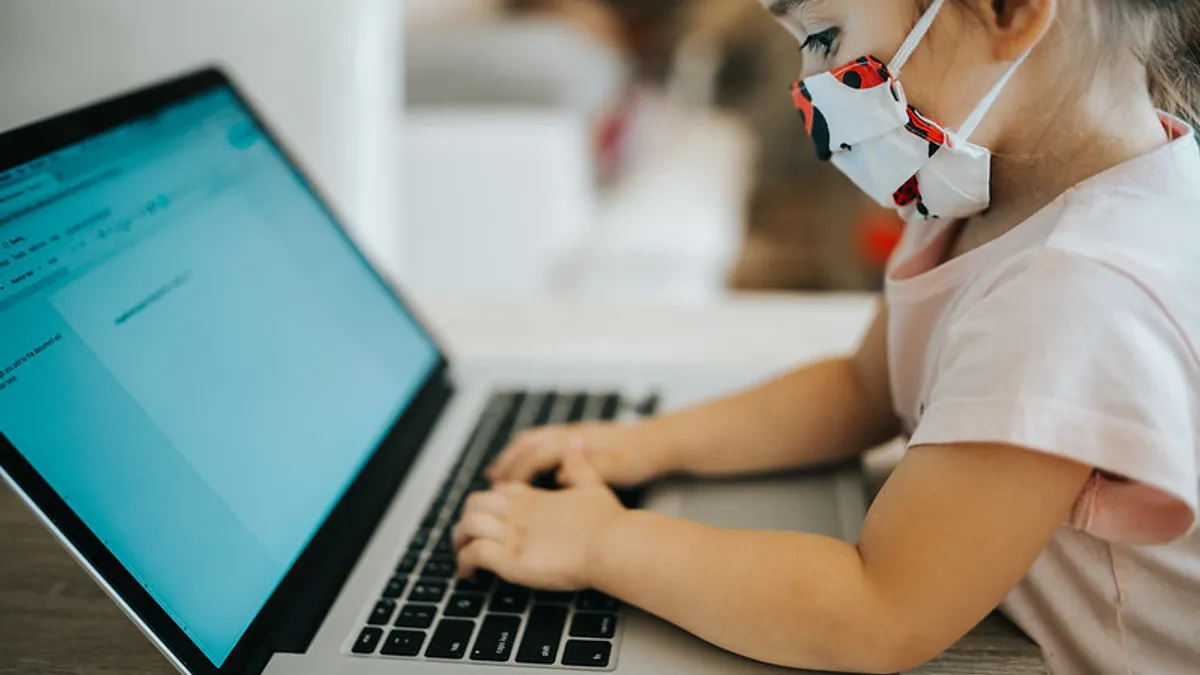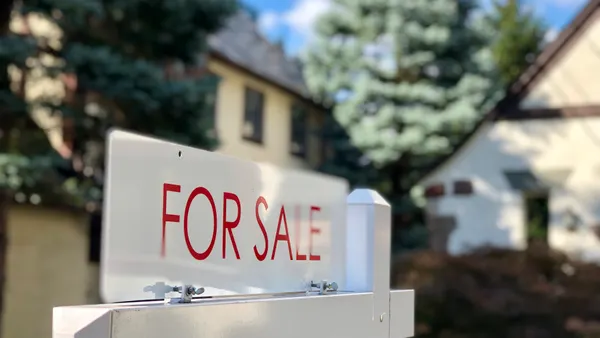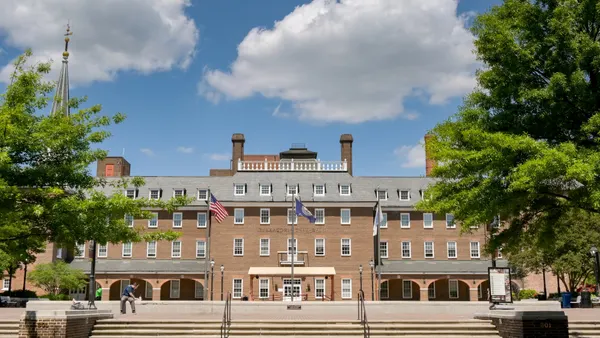Dive Brief:
- A federal judge has ruled to advance a class action lawsuit aimed at accelerating Wi-Fi deployment in homeless shelters across New York City, filed on behalf of the Coalition for the Homeless and some parents of students experiencing homelessness.
- The lawsuit was filed against Mayor Bill de Blasio's administration due to a lack of available Wi-Fi access for the city’s more than 114,000 students experiencing homelessness amid remote learning conditions. "[J]ust like getting to brick and mortar schools requires reliable transportation, access to virtual school during the pandemic requires access to reliable internet," said Judge Alison J. Nathan of the U.S. District Court for the Southern District of New York, in her ruling.
- Mayor de Blasio announced in October that the city would install Wi-Fi across all shelters by summer 2021.The lawsuit could expedite that timeline as some students experiencing homelessness are still without access to devices or the internet, according to Advocates for Children of New York Policy Director Randi Levine.
Dive Insight:
Shortly after de Blasio's March 15 announcement that New York City schools would go remote due to the coronavirus, the Department of Education moved to secure 300,000 Apple iPads for local students in need of devices for remote learning. The initial order of devices were sent to students in homeless shelters, temporary housing and foster care, silive.com reports.
Since then, the city’s plan to get homeless students online has been met with several challenges, namely the lack of available Wi-Fi in homeless shelters. The city initially planned to work with T-Mobile to supply LTE data plans for students to get online with their new devices. But many students weren't able to access T-Mobile service in homeless shelters, so the city turned to Verizon for device service.
Today, many of those same issues remain as a number of shelters lack sufficient cellular activity or internet access, according to Levine. The Advocates for Children of New York is also working with families in shelters who still don't have access to iPads, she said.
"For months, homeless students at shelters across the city have been denied internet access through a lack of Wi-Fi or inadequate cellular service, creating unnecessary obstacles to their ability to participate in remote learning," said Giselle Routhier, policy director at Coalition for the Homeless, in an email to Smart Cities Dive.
Even before the pandemic, the educational outcomes for students experiencing homelessness in New York City were "abysmal," according to Levine. "We are deeply concerned that the disparities have only grown and for so many students who are homeless, school is a lifeline. The challenges are immense in terms of the learning loss that’s taken place when students can’t even get online to access their classes," she said.
In an emailed statement, New York City Law Department Director of Public Affairs and Press Secretary Nick Paolucci said: "The court’s decision indicates that the city has worked hard to provide internet connectivity to the plaintiffs and is continuing to do so. The city shifted to remote learning in the context of an unprecedented pandemic and we are working hard to address the needs of all students."
The digital divide has been exacerbated in U.S. cities during the pandemic, and local leaders have experimented with a number of different solutions to help get students online. In McAllen, TX, for example, the city partnered with technology providers Federated Wireless and Cambium Networks to deploy a Wi-Fi network for its community, which includes 23,000 school-aged students.
McAllen Mayor Jim Darling said in an earlier interview that before the network, some students and their families were forced to visit fast food restaurants' parking lots or parks to get online.
San Francisco has also tapped Wi-Fi "SuperSpots" to connect the thousands of students without internet in high demand areas like locations near public housing sites and community centers. And Hopewell, VA Public Schools got creative and retrofitted 31 busses with wireless routers to be deployed throughout the community, connecting thousands of students to the internet.













